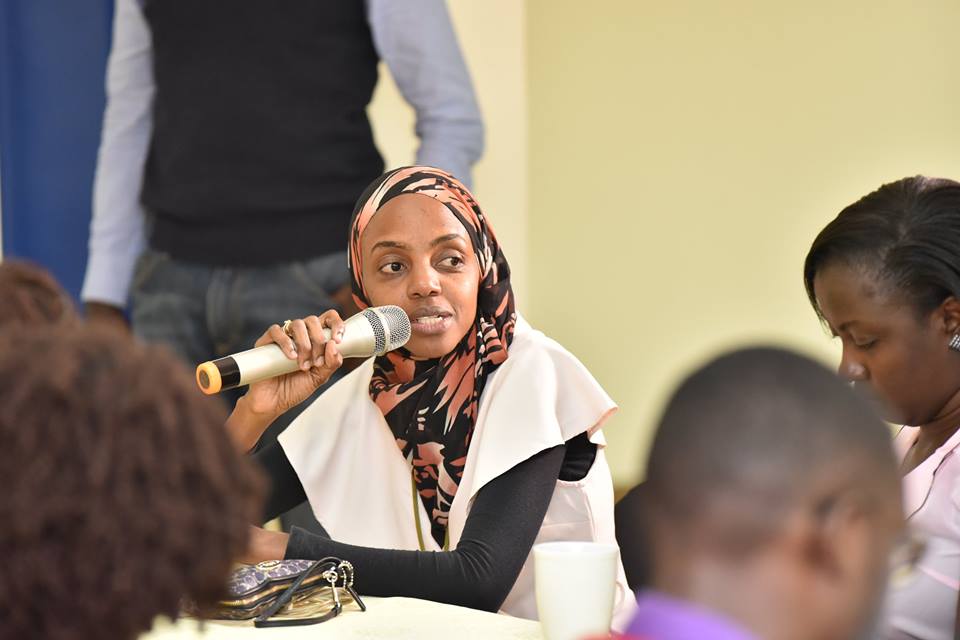Africa is home to some of the world’s fastest-growing economies and is one of the most promising regions for international investment. This growth could be accelerated by addressing a fixable problem: lack of good data.
Reliable, accessible data plays a critical role in any economy. Investors require data before making decisions, and the more complete and up-to-date the data, the greater their willingness to invest. Data also helps public officials make sound decisions that promote growth and innovation, and enables citizens to hold government and business accountable. This is why improving data collection has been a high priority for many African governments, as well as Pan-African and global institutions. The private sector also has an important role to play. The company I founded, Bloomberg, provides access to real-time financial news and data, and we have been working with capital markets in 24 African cities to make local economic and financial data more easily available, which helps to attract investment.
While considerable progress has been made in the past several years, there are still large gaps in data, including economic and financial data, across the continent. Where there is data, it is often not standardized or up-to-date, or not readily accessible.
Solving these problems is the focus of our second Bloomberg Africa Business Media Innovators forum, which kicks off today in Naivasha, Kenya. The event – part of the Bloomberg Media Initiative Africa, which we launched in Johannesburg in 2014 – brings together leaders in government, business, media, and technology to discuss ways to harness data to drive growth.
Through our Media Initiative, we’re working with universities in three of Africa’s largest economies – Kenya, Nigeria, and South Africa – to train journalists to analyze and report on economic data, and to improve the quality and availability of that data. Financial journalism can bring more accountability and transparency to African economies and drive investment and growth, but only if journalists have access to reliable information.
We believe collaboration among sectors can help economies grow, and this spirit of cooperation drives the Media Innovators conference. Our influential community will share insights on the kinds of data and information that are most useful to them and pose ideas for how to improve access, analysis and distribution of data, including through public-private partnerships.
The forum is also an opportunity for media companies to share strategies that will help them navigate new opportunities arising from social and mobile technology. Mobile is expanding faster in Africa than anywhere else, and that represents a great opportunity, because it is generating an extraordinary amount of new data. Governments can use that data to improve services and the public can use it to be better informed. Private companies can use public data to find ways to better serve customers, and journalists can use it to expand their coverage about important issues.
As a philanthropist who also served three terms as mayor of New York City, I’ve seen the difference that reliable data can make in people’s lives. Through Bloomberg Philanthropies’ Data for Health program, we’re helping governments – including six countries in Africa – collect and analyze public health data. Through our Equal Footing program, we are compiling data on philanthropic efforts in Africa to allow funders, nonprofits, and governments to learn from and collaborate with each other, so that resources have the biggest impact.
This September, I joined U.S. President Obama and Commerce Secretary Penny Pritzker to host the second U.S.-Africa Business Forum in New York City. We were joined by hundreds of business and government leaders from Africa and America, with the aim of building new partnerships and increasing business investment between the U.S. and Africa. Reliable data and strong economic journalism can help us reach those goals, fuel Africa’s continuing growth, and improve millions of lives throughout the continent. By bringing together leaders from across sectors and across Africa, the Naivasha forum will make a significant contribution to these efforts.




